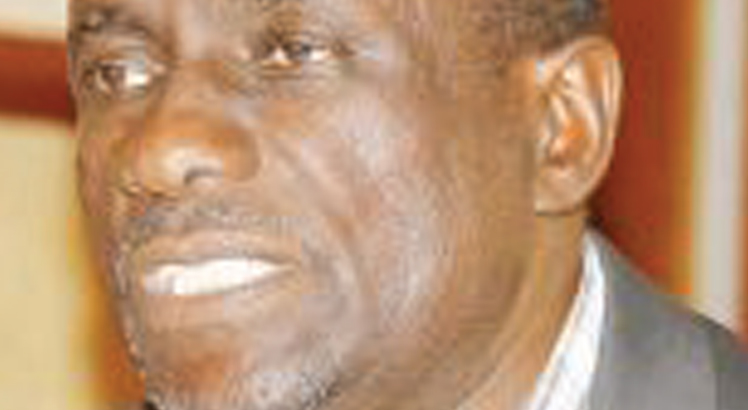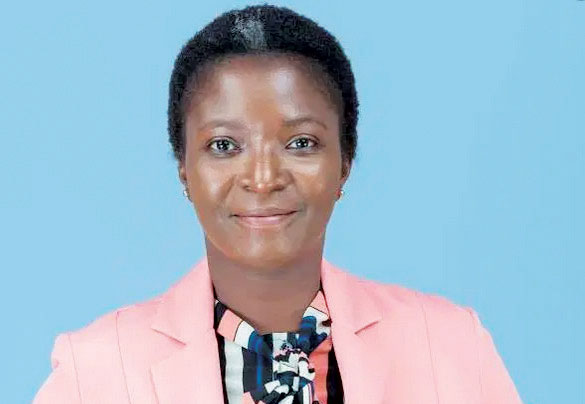President Lazarus Chakwera’s tenure as chairperson of the Southern African Development Community (Sadc) comes to an end next week with some local and international political, economic and governance experts painting a not-so-rosy image of his leadership of the grouping.
While some analysts from Malawi, Zambia and Zimbabwe in separate interviews this week described Chakwera’s leadership as “successful on the political front”, the Malawi leader seemed to have missed on the economic front.
The analysts observed that Chakwera, who assumed the regional body chairmanship a year after ascending to power, could not perform to the expectations because of too many problems in his country.
Chakwera took over the Sadc chairmanship from his Mozambican counterpart Filipe Nyusi on August 17, last year, when Malawi hosted the 41st Summit in Lilongwe.
Mwanajiti: There were no major
upheavals in the region
In an interview on Thursday, celebrated veteran Zambian political analyst and human rights advocate Ngande Mwanajiti said while there was need to appreciate the fact that Sadc has a functional secretariat running the work, Chakwera did not perform as expected.
“I think the President [Chakwera] was really not that prominent. It is also possible that he stepped into bigger shoes. Equally important, there were no major upheavals in the region,” said Mwanajiti in a written response from Lusaka.
Another Zambian governance commentator James Mthunzi Matches said Chakwera failed to address key regional challenges such as issues of Free Trade Area, resource mobilisation and conflicts.
However, Matches believed Chakwera’s tenure had been affected by the political situation in the country.
He said: “Under his leadership there have been a lot of hardships in Malawi, which people have had to endure resulting in Chakwera making very harsh decisions. Malawi has suffered a lot, we hear of the ongoing protests and high-level corruption cases.”
But Matches urged the Sadc leaders to put in place guidelines that would ensure that when the chairperson’s home country is shattered, he or she must “take leave and allow others to take charge”.
“On moral grounds, why must a person whose country is undergoing serious socio-and economic challenges lead others? How can one focus on regional problems when her or his own home is on fire?” he asked.
But another renowned political analyst from Zimbabwe, Alexander Madanha Rusero, defended Chakwera, saying he could not individually do anything without the consent and cooperation of member States’ Heads of State and Government.
“The chairmanship is more of a ceremonial position. At times, it’s just merely coincidental to the circumstances prevailing in the region just like during the tenure of Chakwera there has been a precarious moment in the region because of the advent of the Russia-Ukraine crisis,” said Rusero.
On his part, local governance expert Victor Chipofya Junior agreed with Rusero, saying the chairmanship was a symbolic position with nothing beneficial, which only pushes chairing countries to spend more on certain trips whose funds do not come from the Sadc secretariat.
“When Chakwera took over chairmanship, people hoped for the better in trade and bilateral relations. But we are yet to see statistics from the ministries of Trade as well as Foreign Affairs what have been the benefits.
“But being a symbolic diplomatic gesture, there is nothing intrinsically beneficial. The position only helps bring about exposure to the country through heading of different Sadc committees,” he said.
University of Malawi political and administrative studies
lecturer Gift Sambo observed that while it is easy to attain effective leadership at national level owing to the unitary nature of the States, the case is different at regional level owing to the existence of multiple centres of power.
But Sambo said it was clear on the economic front, the 16-member-State bloc had regressed during Chakwera’s tenure.
“It is not a secret, the Sadc leadership has failed to overcome the effects of the current global pandemic coupled with the impact of the Russia-Ukraine war,” he said.
The political scientist, however, described Chakwera’s term as “very successful politically” because Sadc managed to overcome collective action dilemmas.
Economists Milward Tobias and Hopkins Kawaye said while Chakwera scored on certain areas, it was difficult to identify specific milestones on the economic front although much of the strategic planning is done by the Sadc secretariat.
Minister of Information and government spokesperson Gospel Kazako did not respond to our questionnaire after failed attempts to talk to him on the phone.
Sadc is expected to hold its 42nd Summit in Kinshasa, DRC on August 17 and 18 2022 under the theme ‘Promoting industrialisation through, agro-processing, mineral beneficiation, and regional value chains for inclusive and resilient economic growth’.
A statement issued by Sadc secretariat in Botswana this week said Chakwera is expected to handover the chairmanship to DRC President Félix Antoine Tshisekedi Tshilombo
prices
The post Chakwera’s mixed bag appeared first on The Nation Online.
 Moni Malawi
Moni Malawi 

